Ademco
Web and mobile application development for IoT System
Ademco Security Group is a leading provider of security solutions and services to businesses and governments across Asia. Ademco Security Group has offices in over 20 locations across Asia, covering over 25 major cities, and servicing over 8,000 commercial and government customers.
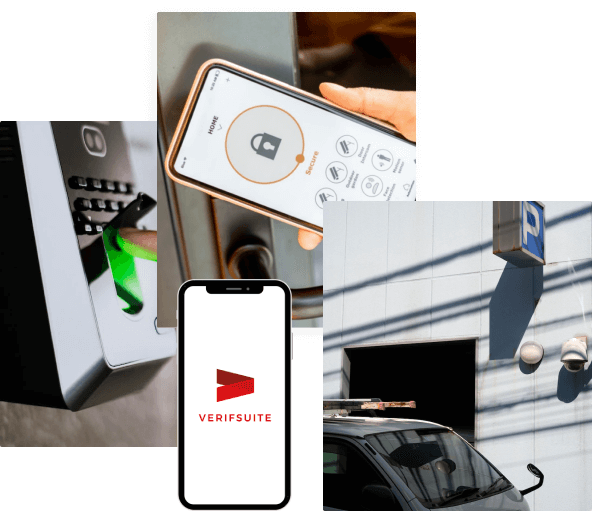
Challenge
Security is a core part of businesses and enterprises. But the pain of managing it isn’t.
Solution
Create an advanced mobile application that allow to manage security of business at fingertips.
Result
An iOS and an Android applications running on productions that make the life of Ademco’s client easier.

Project Introduction
The project’s scope involved building a web application and mobile applications that allow businesses to control and monitor accesses remotely.
The objectives included developing a user-friendly interface. Integrating with security devices such as: TT Lock, Interphone, License Plate Detection, Scan QR. Managing real-time communication with those devices. Guarantee the security and availability of the system. Security is a crucial aspect of the system. It can not be compromised.
The Strategy
When Ademco approached us, they already had the wireframe for the app. Their vision was straight forward. They want to build cross-platform applications for their existing clients to monitor and control accesses effectively.
There were some challenges for us when we integrated with required IoT devices. Because of lacking documentation. We started to experiment by trials and errors. And came up with our own insights. Finally, we be able to manual test those devices and collect the data from them.
After we’re comfortable with the core challenges. We started to take on the project by break it down into milestones. Then we applied agile process of two weeks development sprint. We iterate this cycle with continuous feedback and improvement util we finish the project.
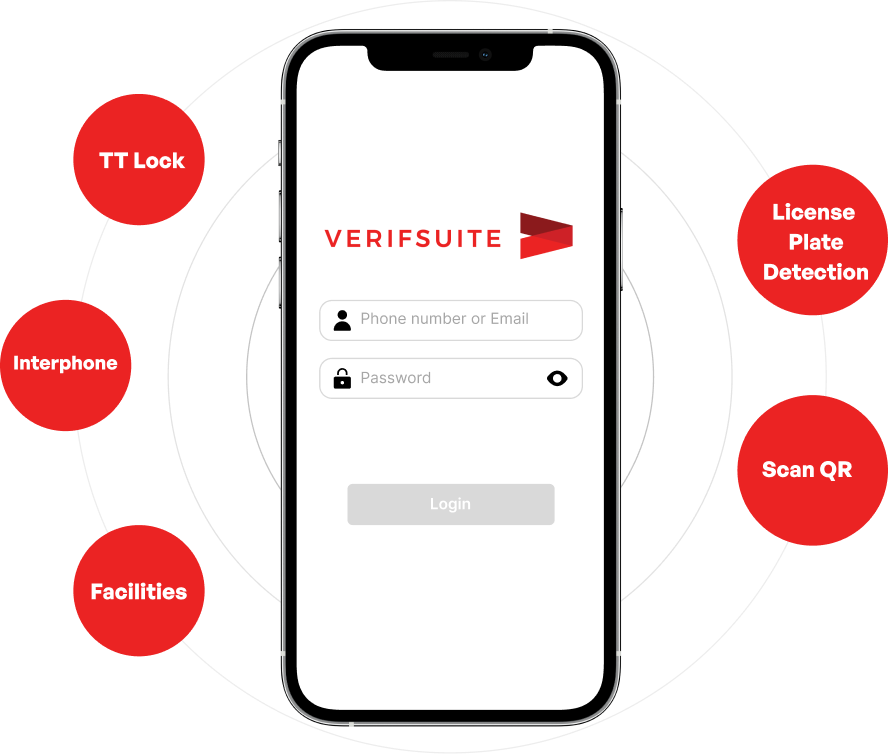
01
TT Lock
With TT Lock, users can remotely control and monitor their locks, granting access to visitors or service providers even when they are not physically present. This can be done through the mobile app or via cloud-based management platforms.
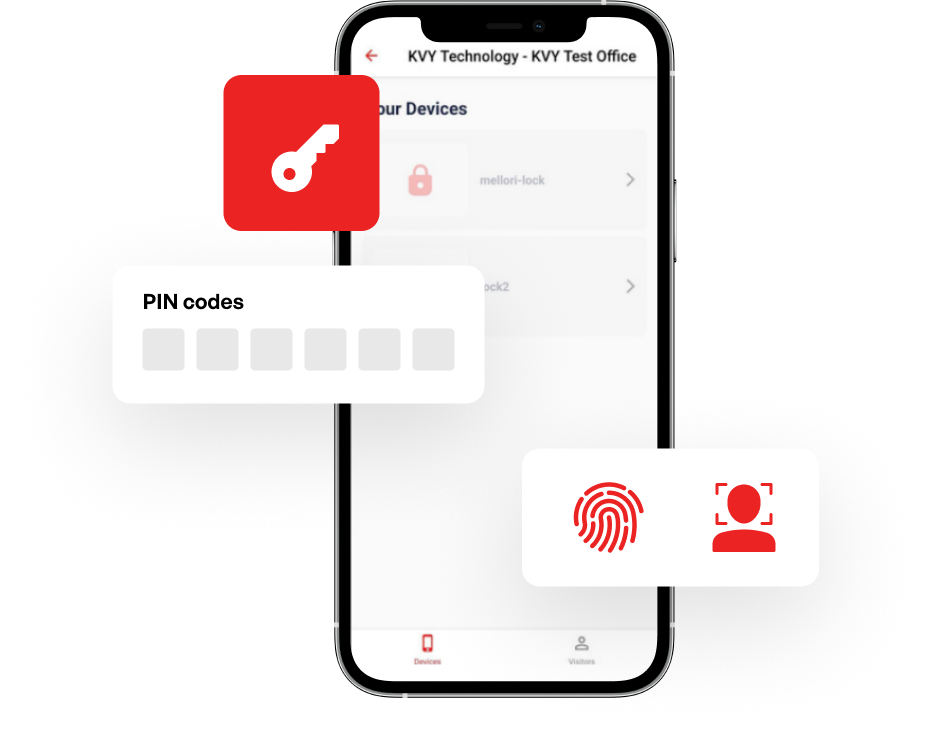
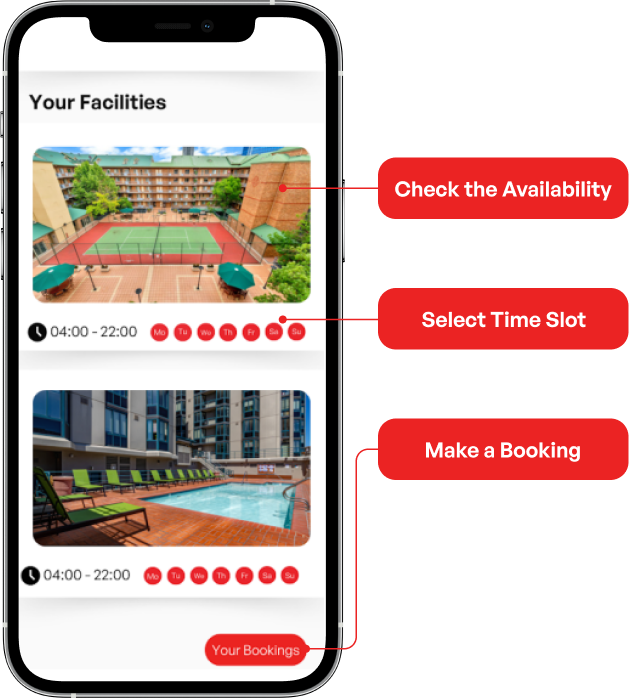
02
Facility
The booking facilities feature can be integrated with residents’ personal calendars, allowing them to view and manage their bookings alongside their other commitments. This integration helps residents avoid conflicts and ensures efficient utilization of the shared resources within the smart house.
03
Interphone
Interphone systems can be integrated with the broader home automation ecosystem, allowing users to control and manage the interphone functionality through a centralized interface or mobile application. This integration may include features like remote access, notifications, and unlocking doors or gates from a distance.
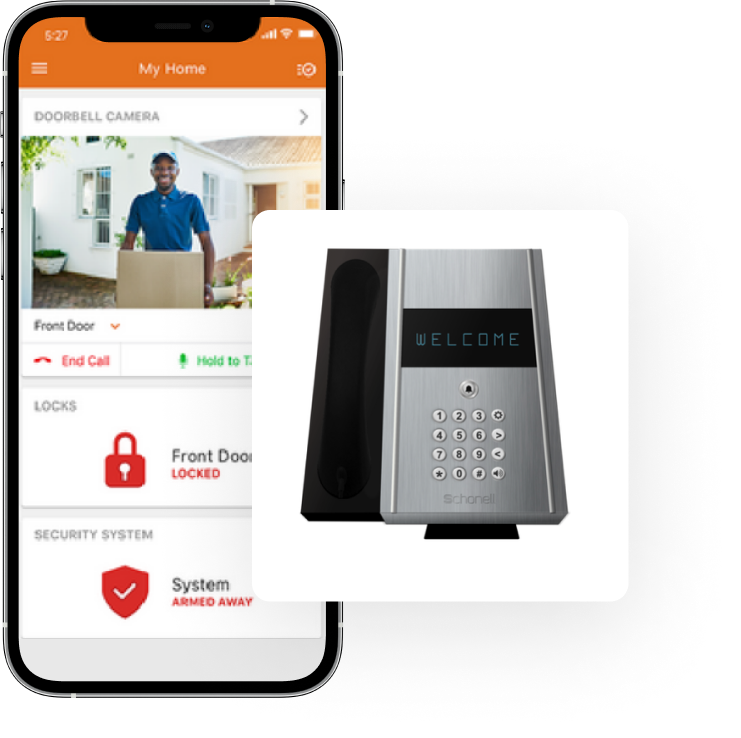
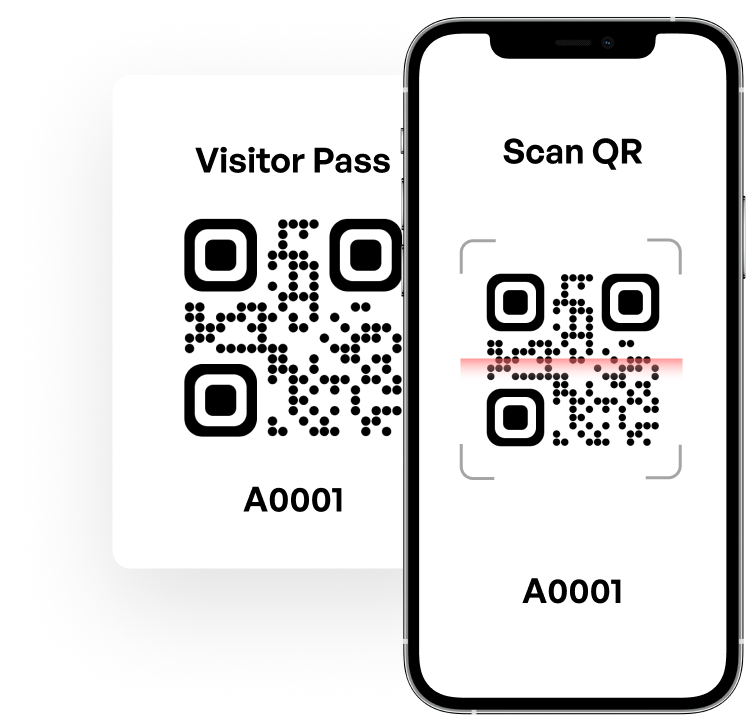
04
Scan QR
QR codes can be used as a secure and convenient method for granting access to the building. Authorized individuals can receive a unique QR code, which they can present to a QR code scanner located at entry points, such as doors or gates. By scanning the QR code, the system can verify the user’s identity and grant access accordingly.
05
License Plate Detection
License plate detection refers to the use of technology to identify and recognize license plates of vehicles entering or exiting the property. The cameras capture images or video frames of the vehicles and their license plates as they approach or leave the property. Advanced image processing and pattern recognition algorithms analyze the captured images or video frames to detect and extract the license plate information.
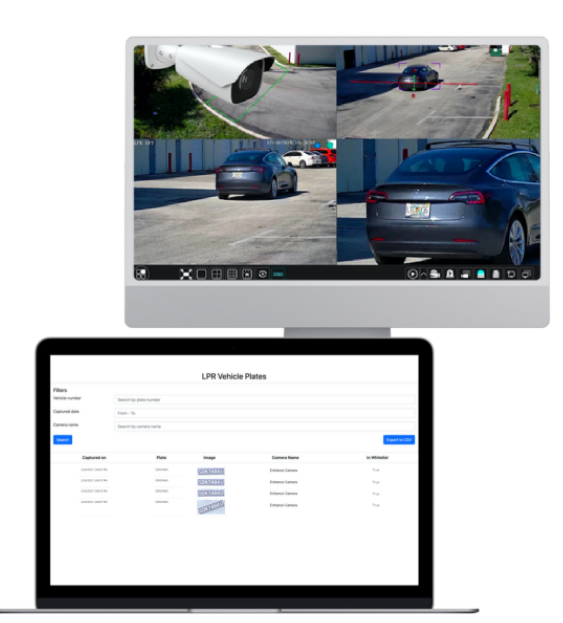
Result
As a result, we created a web application for system admins at Ademco Security to use. And two mobile applications for businesses to monitor and control accesses to their building. The remote control features show reliability, and feedback from users has been very positive. Additionally, the app works smoothly and efficiently due to the development technologies we used.